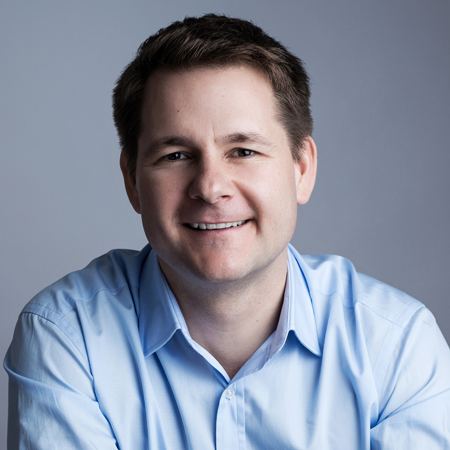Did you know verbally you’re creating negative habits for yourself that you don’t even realize?
You’re likely saying specific words and sentences which are deflating your self esteem or making you look disgruntled in front of others, but you don’t notice since you utter them all the time.
Yep, that’s a habit.
Why is that a problem?
Well, our co-founder, Peter Cook will explain as he describes the connection between what you think and what you get:
I think we vastly underestimate the impact of what habitually comes out of our mouths. The thoughts we have become habits just as much as the things we do. And the things we say, even flippantly or unconsciously, create our thoughts.
Here are 5 things I almost never say:
- I’m busy. It seems to have become the standard answer to “how are you” for many of us. I’m busy, flat out, things are crazy. Almost like a badge of honour. And while my life is pretty full, I’d rather navigate it in a calm, controlled way than a frantic, stressed, “busy” way.
- I hate (fill in the blank). Some people seem to hate a lot of stuff. I’d rather not be one of those people. There is not much I actually hate, so I’ll say what I don’t like or what annoys me, but not that I hate something. I don’t want to fill my brain with hate.
- I can’t afford it. That’s hardly ever true. If I needed $50k to bail my brother out of jail, I’d get it (although I’d rather not, so Ben, try not to get caught). So, while are lots of things I choose not to spend money on, it’s not because I can’t afford it. I don’t want to train my unconscious into scarcity or poverty.
- I’m so stupid (or any version of that). I’m amazed at how much we talk ourselves down. I think whenever we do, part of us believes it and we create what we’re talking about. Someone who is always saying ‘what klutz they are’ will keep being one.
- I have to… This one’s a bit more subtle. But, whenever I say I have to do something, rather than I’m choosing to do something, I’m putting the control of my life outside of myself. And I am more effective when I am living in the positive delusion that I am 100% responsible for what happens in my world.
Not saying this stuff is partly a game I play with myself. It helps me be more conscious of what I say, helps my speaking and communication generally. And if I think these things make a difference then they probably will just because I think they will (like a self-fulfilling prophecy).
And there is some science behind it. When I practice the same aikido throw 1,000 times, the neural pathway for that throw becomes reinforced and it becomes automatic.
The same happens when say the same thing 1,000 times, that neural pathway becomes reinforced and the thought becomes automatic. And I don’t want these 5 neural pathways to get reinforced and these thoughts to become habits.
Our co-founder, Debbie Roberts has seen her clients deal with this type of subtle mental sabotage and offers support to help them overcome it:
Often when I’m mentoring bookkeepers about issues they are having with clients they exclaim, “I need to be a hard-nosed business person to make this work!” Then, I point out to them that using those words is both not helpful and not true. It’s not helpful because it is incongruent with their integrity and, because of that, they will steer away from it. And, its not true. You don’t have to become a hard-nosed business person to be successful. I suggested they change the words they use from “hard-nosed” to “professional” and the feeling then changes completely.
Being more professional means you put systems in place to select clients you can do your best work with and to get paid what you’re worth within your terms. A much more positive and accurate way of describing the way you run your business.
As always, Debbie and Pete with some great insight.
Take some time and think about how you talk to others on a regular basis.
How many of Pete’s 5 Things do you mention every day?
What are you going to do to change your habits?
Think about how Deb and Pete’s advice can help you then start implementing.
Before you know it, your outlook just may be a little sunnier.
To your success,
Michael

Article by Michael Palmer
Michael is the Head of Community for Pure Bookkeeping, the host of The Successful Bookkeeper podcast, and an acclaimed business coach who has helped hundreds of bookkeepers worldwide overcome their fears, exponentially grow their businesses, and achieve the quality of life they've always wanted.
Subscribe Now
Recent Posts
- From Best Practice to Real Practice: Building a Better Bookkeeping Business
- Jumping Off the Cliff — and Why Entrepreneurs Need Systems to Fly
- Overcoming Overwork and Juggling Client Work with Business Admin
- The Scalable Bookkeeping Practice: Hiring, Delegation, and Growth Hacks
- The Future of Bookkeeping: How AI and Automation Save You Hours Each Week




